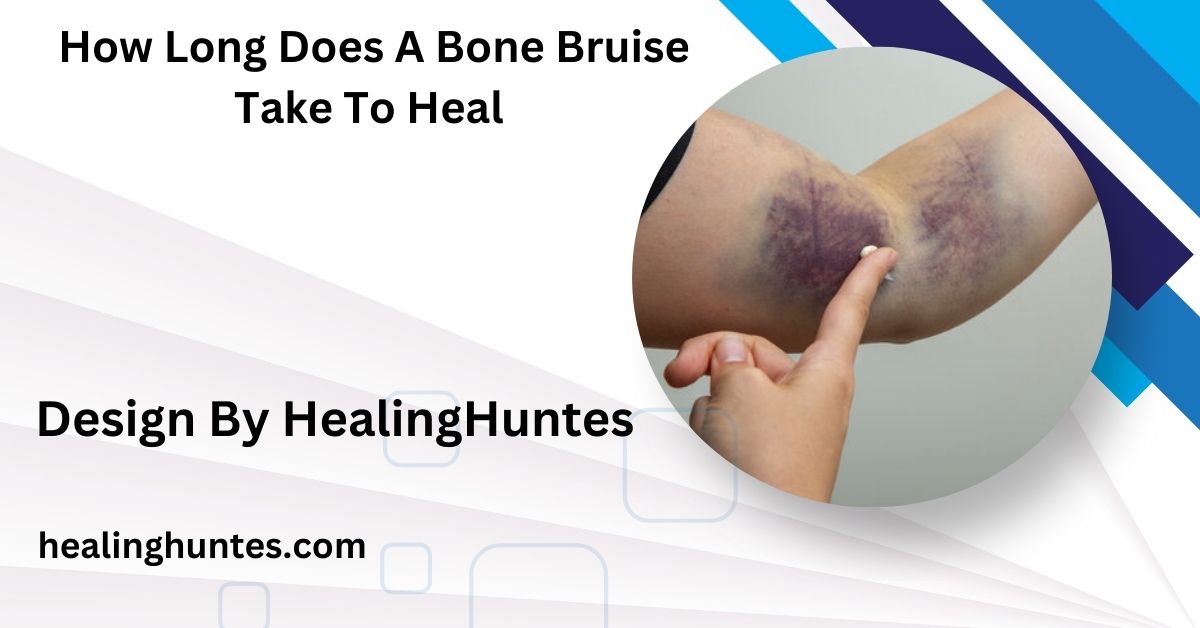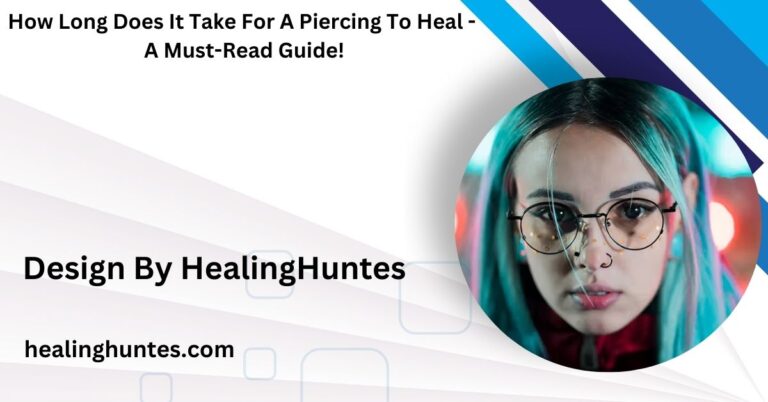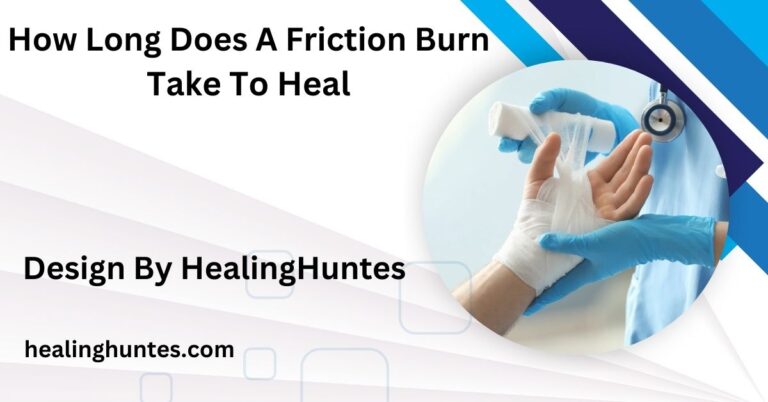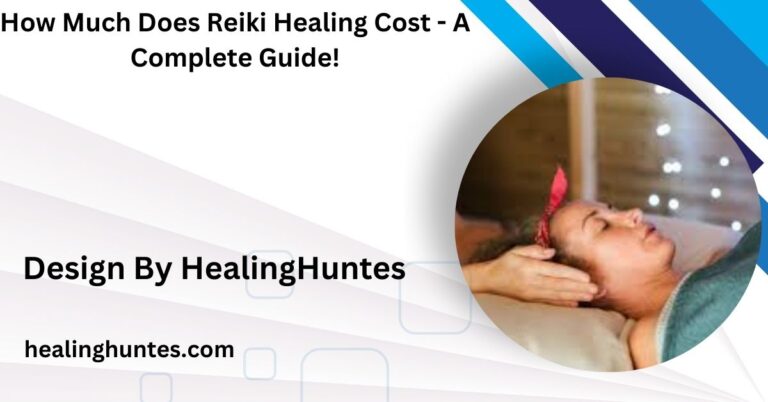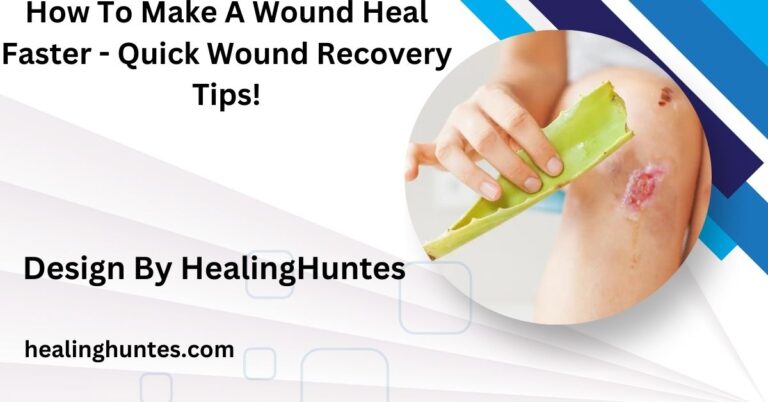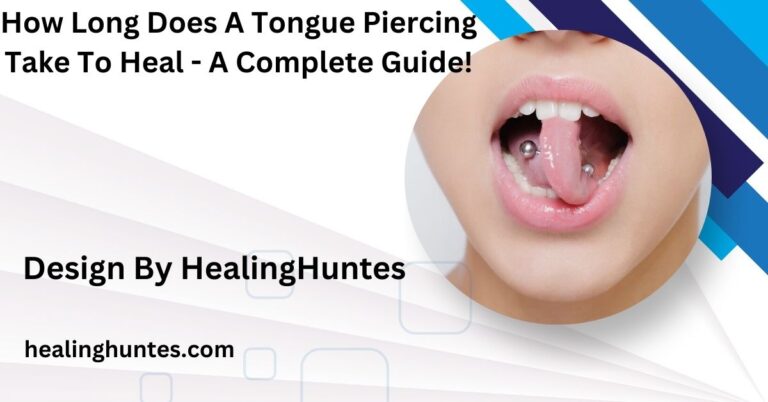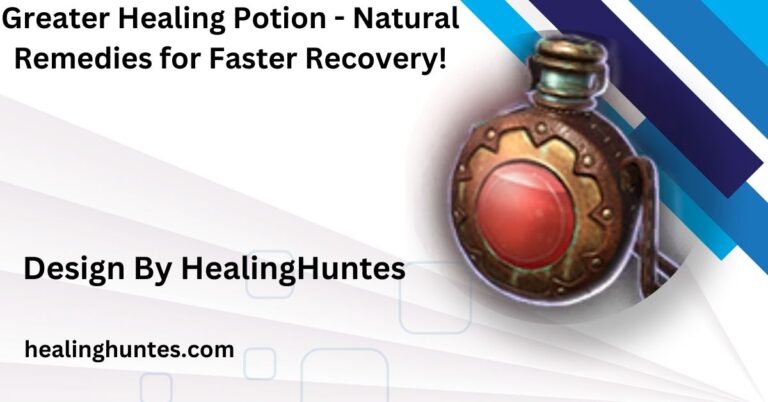How Long Does A Bone Bruise Take To Heal – Symptoms, Recovery Time, and Care!
A bone bruise typically takes 4 to 12 weeks to heal, depending on its severity and the care taken during recovery.
In this article, we’ll explore what a bone bruise is, how long it typically takes to heal, factors that affect recovery, and tips for speeding up the process.
What is a Bone Bruise:
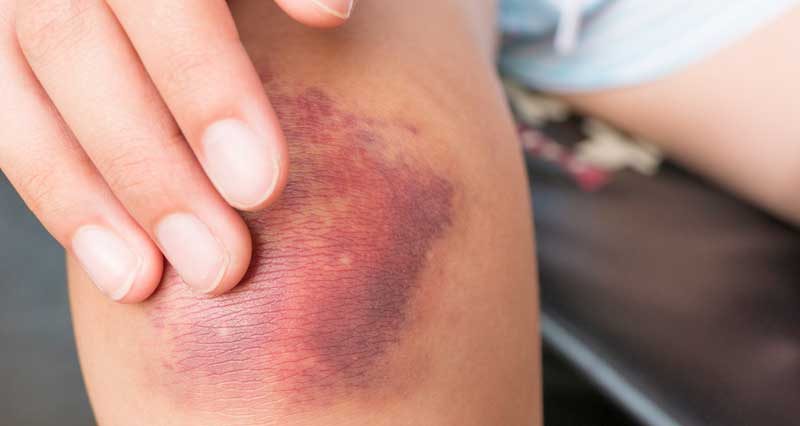
A bone bruise is a less severe injury than a fracture but involves damage to the outer layer of the bone (the periosteum) and the bone marrow. It typically results from trauma, such as a sports injury, a fall, or an accident. Bone bruises are often accompanied by swelling, tenderness, and discoloration.Unlike soft tissue bruises, a bone bruise indicates microscopic damage to the bone’s structure, which may take longer to heal.
Symptoms of a Bone Bruise:
Pain and Tenderness:
Pain and tenderness are common with a bone bruise, often felt deep within the affected area. This discomfort may intensify with movement or pressure. Unlike a regular bruise, the pain can persist for weeks. It’s a sign of the underlying damage to the bone’s structure.
Swelling:
Swelling occurs as the body responds to the injury by sending fluids to the affected area. This may result in stiffness and make movement difficult. The swelling may extend to nearby tissues, adding to the discomfort. Managing swelling can speed up recovery and ease pain.
Discoloration:
Discoloration is a visible symptom of a bone bruise, often appearing as dark purple or blue patches on the skin. Over time, these colors may change to yellow or green as healing progresses. This external sign reflects the internal bleeding beneath the surface.
Limited Mobility:
Limited mobility often accompanies a bone bruise, particularly when it affects a joint or weight-bearing bone. Everyday tasks like walking or bending may feel restricted and painful. This limitation protects the injured area but also emphasizes the need for rest.
How Long Does a Bone Bruise Take to Heal:
The healing time for a bone bruise varies based on its severity and location. Minor bone bruises typically heal within 2 to 4 weeks, while severe bruises may take several months to fully recover. Factors like age, overall health, and proper care can influence recovery time. Following your doctor’s advice and resting the area can speed up healing.
Also Read: What Is The Fastest Way To Heal Intercostal Muscle Strain – A Step-by-Step Guide!
General Healing Timeline:
Bone bruises can take anywhere from a few weeks to several months to heal, depending on the severity of the injury and individual health factors. On average, minor bone bruises heal in 4 to 6 weeks, while severe cases may require up to 3 months or more.
Factors That Influence Recovery Time:
Several factors affect the healing duration, including:
- Severity of the Injury: A more profound bruise with extensive damage takes longer to heal.
- Location of the Bruise: Bone bruises in weight-bearing areas like the knees or hips may take more time due to constant stress.
- Age and Health: Younger individuals and those with good overall health tend to heal faster than older adults or those with underlying conditions like osteoporosis.
- Lifestyle Choices: Smoking and poor nutrition can slow recovery by hindering blood circulation and nutrient absorption.
How to Speed Up Healing for a Bone Bruise:
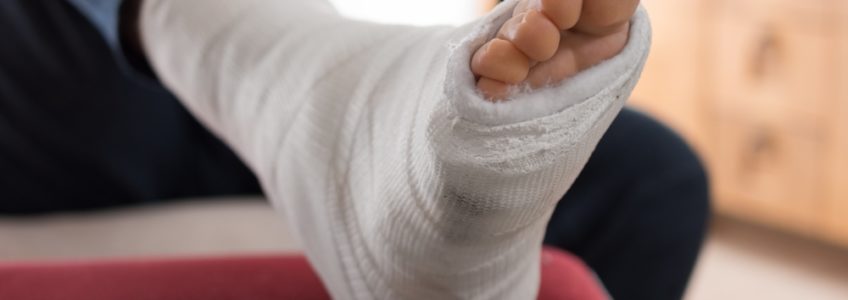
To speed up healing for a bone bruise, prioritize rest and avoid activities that stress the injured area. Use ice packs to reduce swelling and elevate the bruise to improve circulation. Compression wraps can provide additional support, while a balanced diet rich in vitamins and minerals promotes tissue repair. Follow your doctor’s advice for optimal recovery.
Rest and Protection:
Rest is vital to prevent worsening the injury and to allow the bone to heal. Use braces, crutches, or padding to protect the area, especially if it’s weight-bearing. Avoid putting pressure on the injured bone until cleared by a doctor.
Ice Therapy:
Apply an ice pack wrapped in a cloth to the injured area for 15–20 minutes every few hours during the first 48 hours. This reduces swelling, inflammation, and pain. Ensure there’s no direct skin contact with the ice to prevent frostbite.
Elevation and Compression:
Keep the injured area elevated above heart level to reduce swelling and promote circulation. Use compression wraps to support the injury and minimize fluid buildup, but avoid wrapping too tightly.
Pain Management:
Over-the-counter pain relievers like ibuprofen or acetaminophen help alleviate pain and reduce inflammation. Always follow the recommended dosage and consult a doctor if pain persists or worsens over time.
When to Seek Medical Attention:
While most bone bruises heal with rest and home care, consult a healthcare provider if:
- Pain and swelling persist beyond a few weeks.
- The affected area becomes excessively stiff or immobile.
- Symptoms worsen over time instead of improving.
A medical evaluation may include X-rays, MRIs, or other imaging to assess the extent of the injury.
FAQ’s
1. Can a bone bruise heal on its own?
Yes, most bone bruises heal naturally with rest and proper care, though severe cases may require medical attention.
2. Is it safe to exercise with a bone bruise?
It’s best to avoid strenuous activities until cleared by a doctor, especially if the bruise is on a weight-bearing bone.
3. How do I know if I have a bone bruise or a fracture?
A bone bruise causes persistent pain and swelling but doesn’t involve a complete break. An X-ray or MRI can provide a definitive diagnosis.
4. Does diet play a role in healing a bone bruise?
Yes, a diet rich in calcium, vitamin D, and protein supports bone health and speeds up recovery.
5. Can I massage a bone bruise?
Avoid massaging the area directly, as it may worsen the pain or damage. Gentle exercises as advised by a doctor can help improve circulation.
Conclusion
Healing a bone bruise requires patience, proper care, and understanding of the injury’s severity. While symptoms like pain, swelling, and discoloration can be challenging, following treatment steps such as rest, ice therapy, and compression ensures faster recovery. Always consult a healthcare professional for persistent symptoms or severe pain. With the right approach, most bone bruises heal effectively, restoring mobility and comfort over time.
Related Posts
Also Read: What Is The Fastest Way To Heal Swollen Gums – Expert Advice!
Also Read: Peptides For Healing – A Natural Way to Reduce Scars!
Also Read: Best Antibiotic Ointment For Wound Healing – What You Need to Know!
